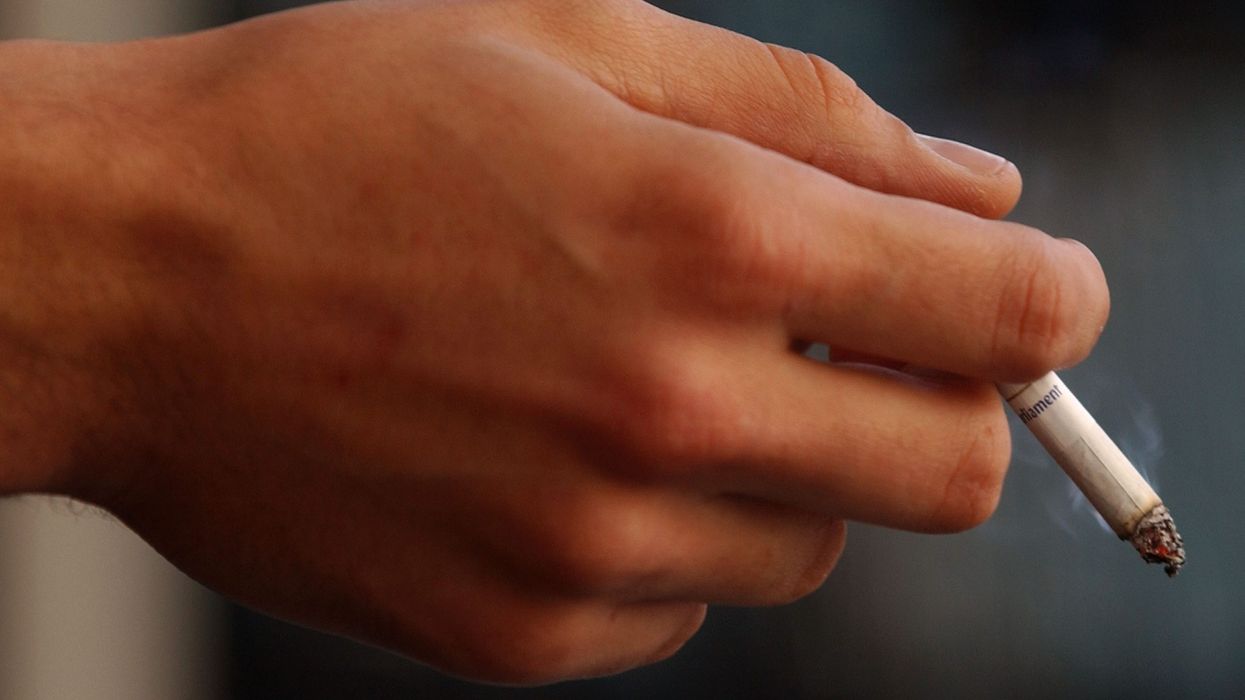The WHO condemns tobacco companies' targeting of children through social media and flavored products
The World Health Organization (WHO) reiterated its concerns about tobacco companies' continued targeting of young people through various channels such as social media, sports, and music festivals, as well as the introduction of flavored products.
In a joint report with industry watchdog STOP released on Thursday, the WHO accused these companies of attempting to ensnare a new generation in nicotine addiction.
While facing stricter regulations on traditional cigarettes, major tobacco firms and newcomers have turned to alternatives like vapes, arguing they are intended for adult smokers.
However, the WHO and STOP highlighted in their report that these products often appeal to youth, with their attractive designs and fruity flavors making them more appealing to children than to adults in many countries.
WHO Director-General Tedros Adhanom Ghebreyesus dismissed the industry's claims of harm reduction, asserting that it's misleading to discuss harm reduction while marketing to children.
He stated in the report, "It's dishonest to talk about harm reduction when they are marketing to children."
This stern stance from the WHO comes as youth vaping rates soar globally.
Flavors like bubblegum have been identified as drivers of this trend, although the industry maintains that flavors play a crucial role in persuading adults to transition from smoking.
While large tobacco companies have largely refrained from offering such flavors, the WHO pointed out that firms like Philip Morris International (PMI) and British American Tobacco (BAT) engage in youth-oriented marketing tactics, including sponsoring music and sports events and leveraging social media.
Both PMI and BAT stated their intentions to shift smokers away from cigarettes, with BAT emphasising responsible marketing principles and ensuring products are for adults only.
PMI stressed the importance of scientifically substantiated smoking alternatives and expressed willingness to engage with governments and the WHO on the matter.
Despite these assertions, the WHO highlighted insufficient evidence supporting vapes as smoking cessation aids and pointed out evidence suggesting an increase in traditional cigarette use, particularly among youth, due to vaping.
However, Sarah Jackson from University College London's Tobacco and Alcohol Research Group disputed these claims, stating to Reuters that they do not accurately represent current evidence on e-cigarettes.












